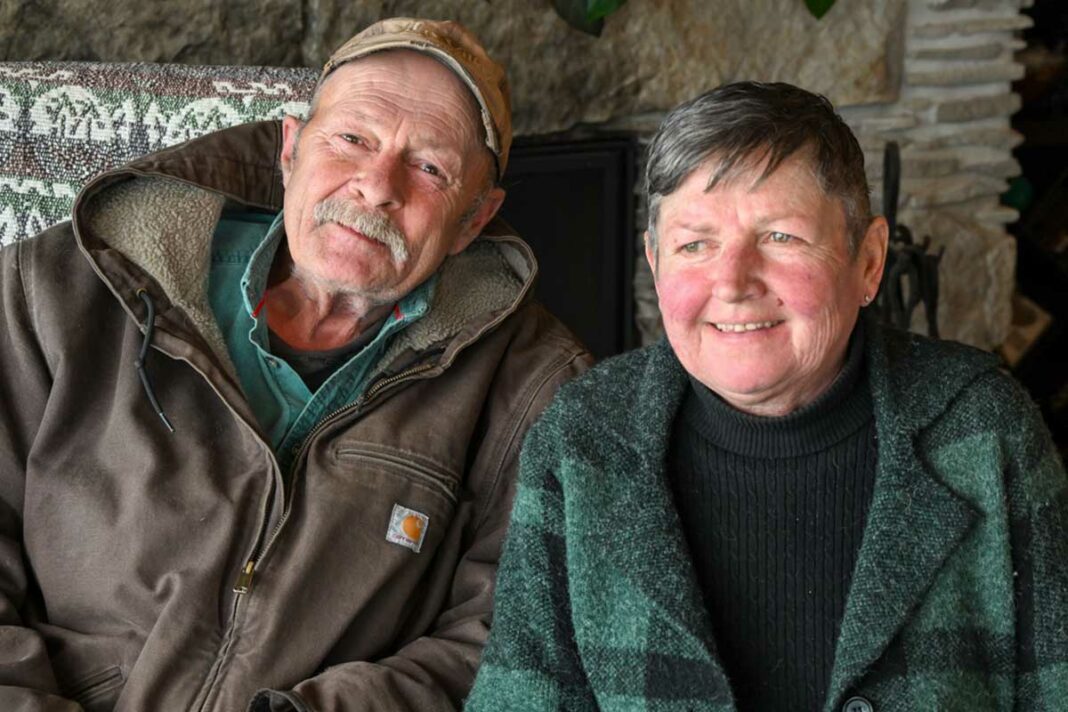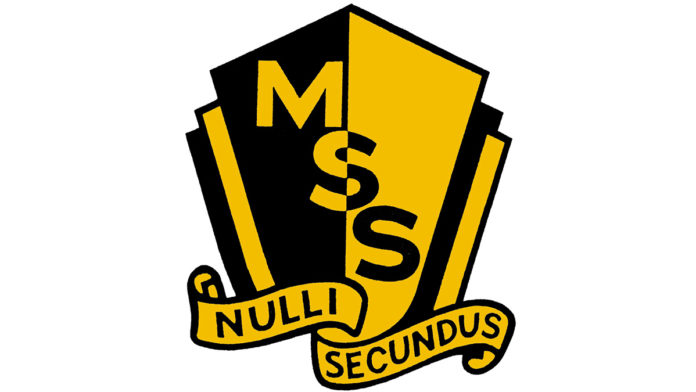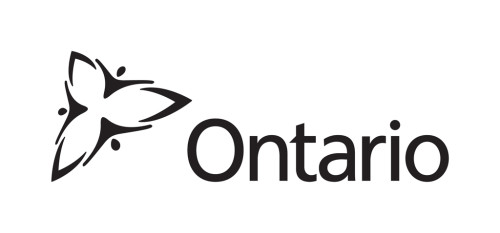Rupert is a man who thinks outside the box. He knows many Manitouliners, and he has an in-depth knowledge of political processes at all layers of government. He tends to flavour his thinking with a healthy dose of humour. The writer met him at Williamson’s Hardware and asked him if he might like to share his story. He agreed to meet at the local coffee shop in Mindemoya a week later. We started with a question about his ancestors.
“My German paternal grandparents were Julius and Ingeborg Grigull. They had a big farm in what was called ‘East Prussia.’ It was situated between Russia and Poland and was heavily influenced by Russia. My grandparents raised horses, about 80 at a time. These horses were then sold to military establishments. All German identities in East Prussia were removed after the war; even the gravestones were buried. Now it is a bit like ‘No man’s land.’ Many houses stand empty in the region.”
Rupert’s parents, Wilf, and Kitty (Ewert) Grigull emigrated from East Prussia to Canada in 1951 with just a bit of change in their pockets. “They both got jobs right away. My father got work with King Paving and eventually became their head mechanic. King Paving worked on the 401 and 400 series of highways. They also helped build the Ford plant in Oakville. My mother got work in an Oakville restaurant.”
“I was born on May 4, 1955, in an Oakville hospital. My parents had picked the name Rupert from a ‘Rupert Buchanan’ in the phone book. This was after they had spent time’ fighting’ over a name. I still phone this person once a year, to remind him that I am his namesake. He seems to be delighted with the calls.”
“I remember best the excellent lemon meringue pie they sold in my mother’s restaurant. My maternal grandmother, Hildegard Ewert, joined us in Oakville a year after we got there, in 1952. She was quite elderly when she later became the first patient to experience open heart surgery in Canada. She had a huge cutline that almost sliced her in half at the skin level, back to front. She recovered nicely, though, and then taught us German. I can still speak it quite fluently.” Rupert’s dad had bought a gas station, ‘Main Street Esso’ in Hamilton in 1952. He had ten employees and several trucks. “When I was old enough, I worked there after school.”
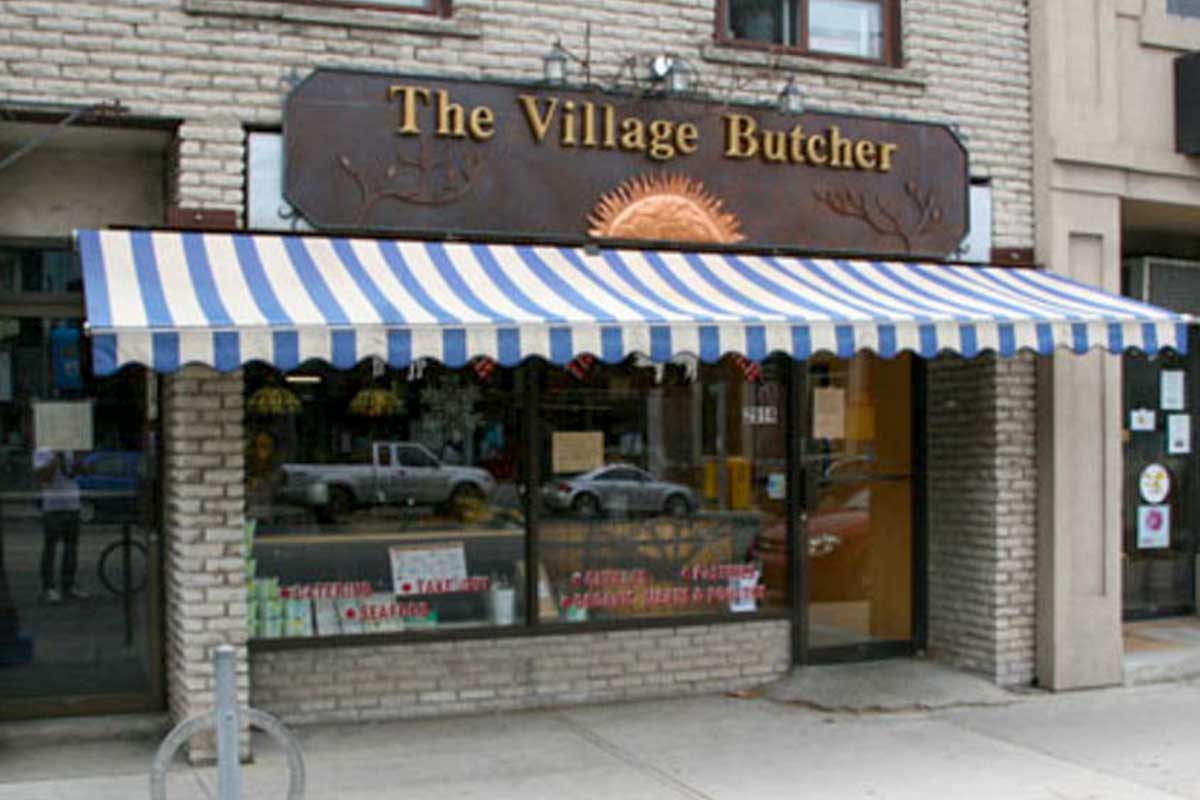
School for the young lad was at Adelaide Hoodless in Hamilton, until he was moved to Hillfield Strathallen where his mother felt he would get a better education. “It was a very strict school, but I stayed for over five years. I liked school, and by the time I reached grade 13, there were fewer rules. I have always had a strong sense of ‘independence’ and have not been afraid to work hard. However, in those days, it took 45 minutes to get to school by bus and classes went until 4:30 pm. I didn’t get home until 6:00pm. After that I pumped gas at the Esso station. On Saturdays I washed huge, ‘ten-to-twenty-ton’ trucks for many years until I left school at 18. That was not a fun job.”
After leaving school in 1976, Rupert spent two years in Europe for hotel training. When he got home, he found work in the reception area of the Royal York Hotel in Toronto. “I only stayed for ten days. I had to get up at 5:00 am and take buses to get there at 8:00 am. They only paid six dollars an hour.”
His next job was assisting the store manager at Deninger’s, a franchise situated in several locations in Hamilton. “Mother knew the family and wanted me to marry the daughter of the owner. I was dating two girls at the time. One was a doctor in Switzerland. I broke up with her when she insisted she would always be a doctor first and a wife second. It seems that the proposed wedding for the Deninger daughter was also ill-fated. The daughter got an infection, sepsis, and died within 24 hours.” Nevertheless, Rupert continued his own journey. His first house was purchased for $6,000 in the late 1960s. It was close to Appleby College in Oakville.
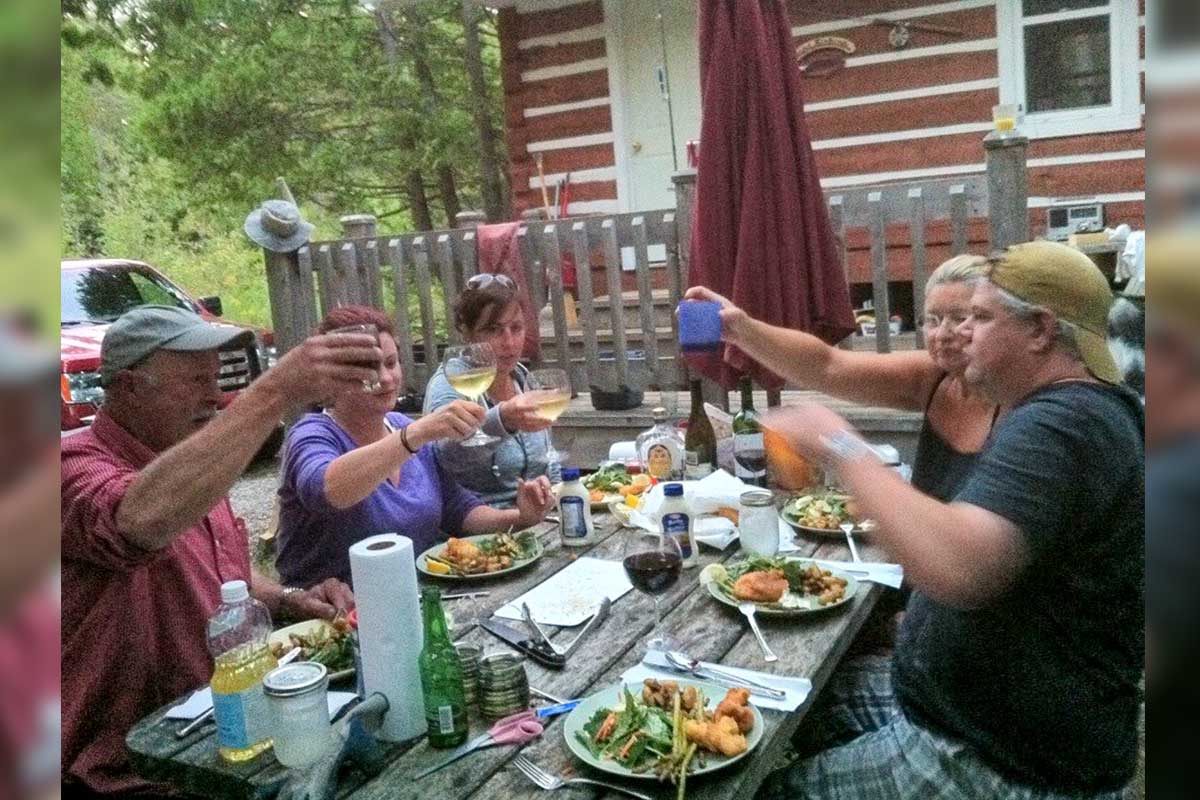
“Dad came to Manitoulin and stayed at Timberlane Rustic Lodges when he decided to move to Manitoulin and buy Island Ford in Gore Bay. He was a very honest businessman and never overcharged his customers. Unfortunately, the building caught fire and burned not long after Wilf purchased the dealership and a rebuild was necessary. Rupert got a six-month leave of absence to help his dad. While on the island, Rupert decided to stay and bought a general store on Vankoughnet St. in Little Current. “I had Rupert’s Grocery for 12 years. We sold groceries, licenses, movies and conveniences.”
Rupert met and married an Island girl, Lynda Fitzpatrick. They had two children, James and Anna, both of whom live in Sudbury now. After 11 years, Rupert and Linda decided to get a divorce. Today, Anna, a Registered Nurse, is a well respected member of the staff at Health Sciences North. James is a senior consultant for Valet. Sub-contractors report to him and he does safety inspections in the North Mine. James says there is enough nickel in that mine to last another 50 years.”
“I remember going wild turkey hunting about 30 years ago, in southern Ontario. Wild turkeys are about 10 to 30% bigger, weighing 30 to 32 pounds each. Over the last 35 years, we have harvested about 80 wild turkeys in southwestern Ontario. Once, Gordon Smith came with us. We got three great turkeys in the hunt which only lasted a half day. Gordon was so excited, when we saw his turkey, he couldn’t line up the sight and he missed it. Gordon did get his turkey, though, later.
Rupert met his second wife in Toronto where he was attending butcher’s school at George Brown College in the 1990s. “I had credit for two years, with my work at Loeb’s,” Rupert adds, “I met Liz when a friend of mine was visited by two girls from Detroit. He asked me to show them around. I found out that they were being harassed by some big bloke. I defused that issue, then showed them around.” One of the girls was Elizabeth Hercun, of Ukrainian and Polish ancestry. Liz felt Rupert was a real gentleman after saving her and her friend from the bully. “We hit it off and stayed in touch.” The couple were married on December 12, 2012, a day that was deemed lucky for weddings. Their wedding was part of a contest with 600 guests, and all was included: the vows, the champagne reception, the wine, meal, flowers, and photos. Twelve couples were married by the officiant, the sister of comedian Jim Carrey. She had organized the whole event. Afterwards, the newlyweds moved into a condo in Toronto. Rupert jokingly asked her to do all the inside and he would do the outside work.”
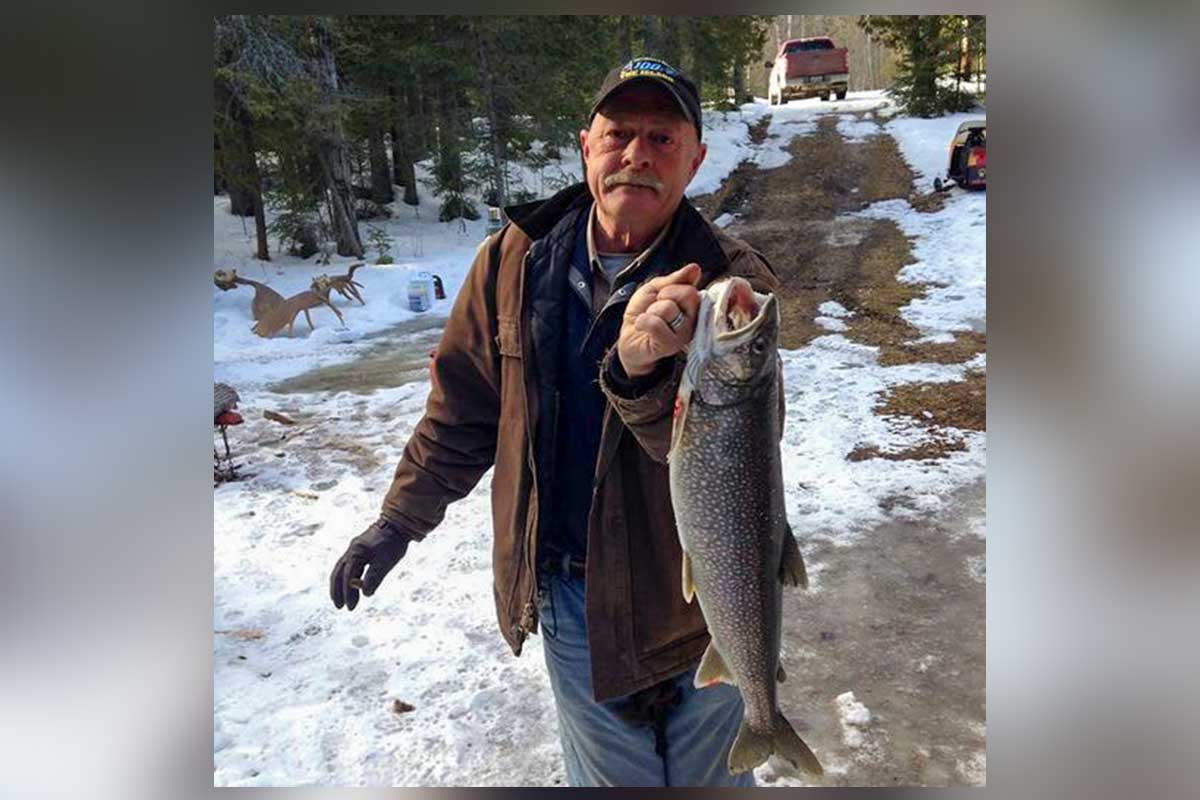
The butchery training Rupert was taking at George Brown College included one year of classes and four years of experience.” With two years’ credit for his previous experience, he managed to get all his training in three years. “I recall driving some of my classmates to a job fair in Toronto. As I was walking down the aisles at the fair, a person standing at a booth threw me an apron and said, “Come here please, I need some help.” After his helping session was done, Rupert was offered a job. “I didn’t apply yet,” he countered. The man in the booth said, “I can tell you have experience, just from the way you put your apron on. You get the job.”
Rupert became a butcher in Richmond Hill. “We had a meat counter that was 144 feet long. Many full sides of meat, mainly beef and pork, filled the meat locker.” There was one incident where the meat manager, who had made work more challenging for Rupert, got covered with spoiled water. Rupert had set up the ‘booby-trap’ by filling a big bin with foul water so that it would splash over anyone who tried to see what was in it. After avoiding the ‘do not touch’ sign and getting doused, the meat manager wanted to fire Rupert. Luckily for Rupert, it just happened that the president of Loeb’s, who remembered Rupert from Sudbury, was doing an inspection that day. The president, after hearing all the evidence, decided to straighten out the meat manager instead.
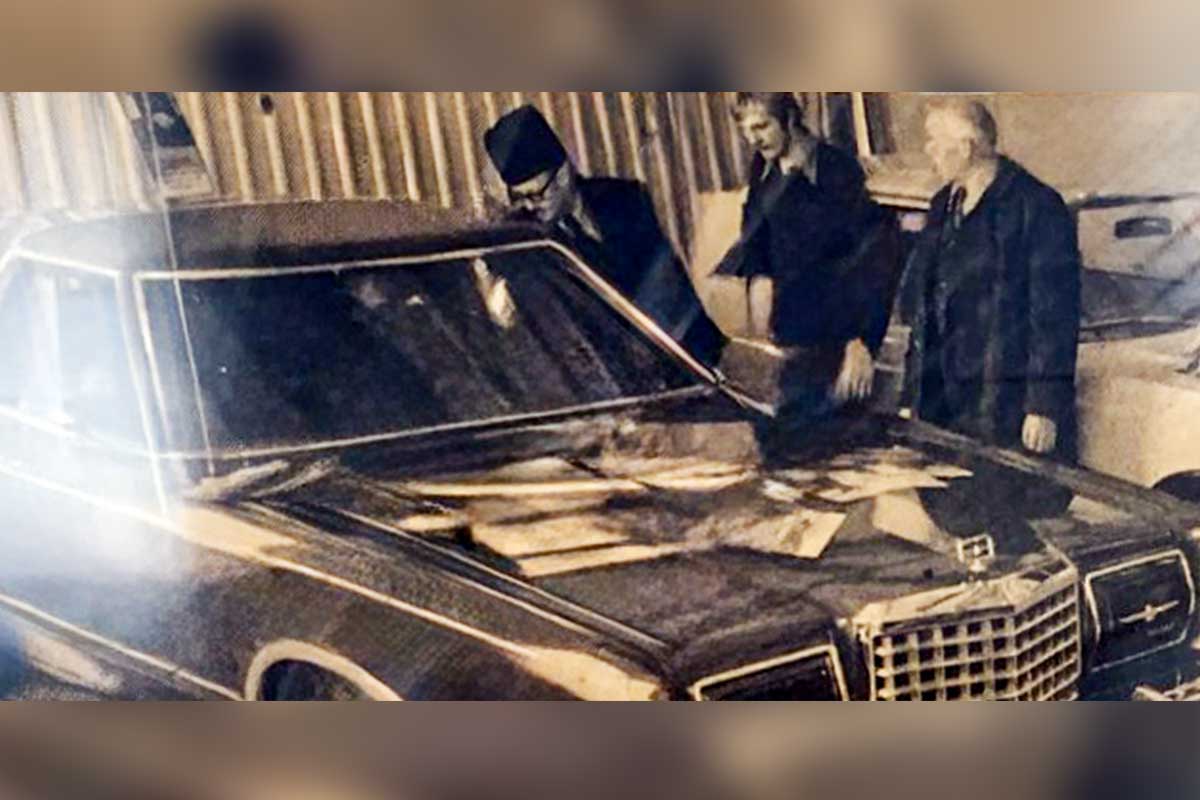
After leaving Loeb’s, on April Fool’s Day, Rupert and Liz moved to a farm in Cayuga near the Grand River. “Now I was to be responsible for all the outside work and Liz the inside work. I agreed but with my evolving health issues, I couldn’t work full-time anymore so we had to share more of the workload. We bought our first cow and then decided we needed a barn and a riding lawnmower. When the mower was delivered and Liz was handed the keys, she declared, ‘I won’t be needing those: ‘outside work’.”
“We were providing food from the farm to the tabletop’. We had a small two-acre garden and 35 head of ‘Belted Galloway’ cows, black with a white stripe around the middle, on 65 acres. People loved to look at the garden, it was a real showpiece. We got along well with our neighbours who had seven boys and one girl. We sold some cattle to them. Two weeks later, we got a second cheque for $3,000 from them. They felt we had undervalued the cows. They were good people. Later, they went into the more profitable cash-cropping. We continued to run our farm with the cattle and market garden for 25 years.”
Rupert likes to pepper his recollections with little stories. “I remember a musician named Butch Watanabi. He played with Oscar Peterson and worked for eight years with singer Anne Murray. Butch remembers Anne as being a bit bossy, but very talented. Steve Paiken of ‘The Agenda’ fame, has a place on Maple Point on the Island. His nickname is ‘Brillo Pad’ a testament to the natural crop of curls warming the top of his head.”
“Another time, I was sitting with a friend in downtown Hamilton when a stage door at the Royal Connaught Hotel opened and I was asked to hold a man thrust at me. Someone had to stitch his gaucho pants. He was in the middle of his act and had to get back on stage. This man turned out to be the singer, Tom Jones. Another time, a wedding was being arranged for the niece of the notorious, Teflon Don. When she walked down the aisle, the theme song chosen, was the one used for ‘The Godfather.’ Everyone laughed and the wedding went on without a hitch.”
“I recall being at the Toronto air show. We were sitting on a hill near the lakeshore. Suddenly the B52 British plane turned too sharply and crashed sideways into the lake. Six or seven people on that plane died that day. It was a terrible tragedy for their families and for the entire audience perched on the shoreline.”
Rupert was also a butcher for many years at the ‘Village Butcher’ at Lakeshore Dr. and Islington Avenue in Toronto, serving the eager public with great cuts of meat. “We had to totally renovate the building for three weeks to create a one-stop shopping experience which included prepared foods, a lunch counter, barbequed foods, dinners and many groceries. Everything they would need to prepare a good meal. Our catchphrase was ‘if we can, we will; if we can’t, we’ll try.’ The streetcar tracks were being rebuilt and the workers would stop in daily for lunch. We worked from five in the morning to five in the afternoon.”
“Fed Ex would ship in fresh halibut and king salmon from fishermen on both coasts. We found the Atlantic Salmon was the best of all. Toronto Star reporter, Robert Ferguson took a photo of our shop, and he did a write-up as well, including it as part of the new wave of small independent businesses in Toronto. Liz and I are both ‘world foodies’. We love good food and international cuisines. We would order rare and costly Beluga caviar for our special customers. The world was full of interesting and tasteful dishes, and we were sought after to obtain some of these delicacies.”
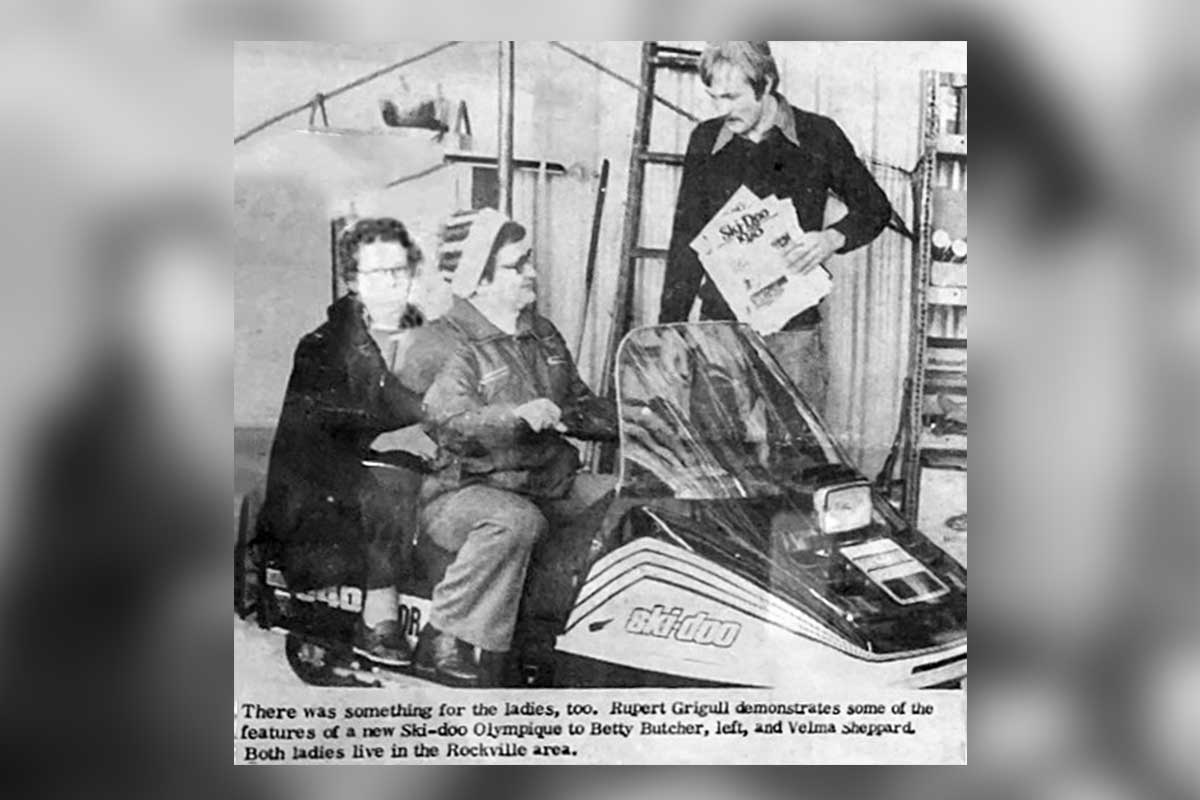
By the end of the 15 years, Rupert was beginning to experience some serious health issues. “I was back on Manitoulin, living on the Billings Stretch near Kagawong, before my health concerns became fixable. I am still recovering from heart surgery done in January of last year. I tried to climb up a deer stand last November. I collapsed and wound up in the hospital with a perforated aorta. I stayed with my son James in Sudbury until they could get me into the operating room. They sent an ambulance and strapped me to a very hard gurney. I felt every bump in the road. When I got to the hospital, they wanted me to answer a survey. I had to remind them it was an emergency and I needed to get to the ER.” Rupert spent five days in the hospital.
Liz, a trained chef, has been running the health food store in Gore Bay. Rupert has been doing some catering and food delivery for the marina guests. Liz helps with the catering and does some part-time cleaning. Rupert adds, “I deliver the food to the boaters, mostly meat and potato dishes.”
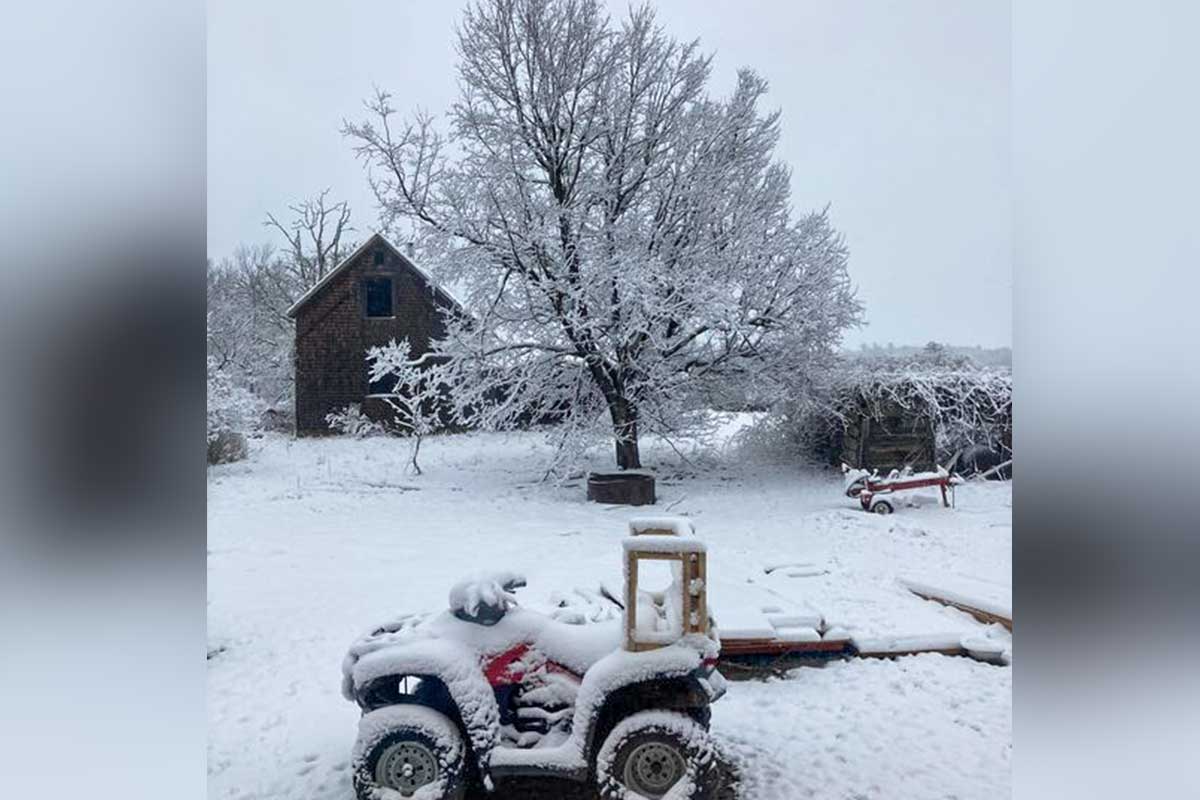
Holiday traditions? “In the past, Christmas eve was spent with Liz’s parents and Christmas day was time for my parents.” Favourite pets? “Two dogs, Ruger and Hickory, Chesapeake Bay Retrievers, and a cat named ‘Ripper Appleton the third’. We just call him Ripper for short.” Favourite season? “Fall for hunting and winter for ice fishing.” Hobbies or collections? “Native arrowheads in Caledonia in Haldeman County.” Favourite sport? “Played hockey in school, left-wing.” First hourly wage? “$5.85 at Deninger’s.” What are your strengths? “I am a Taurus, stubborn, but I love nature and I am a ‘people’ person.” Anything you still want to do? “Win the lottery.”
Favourite television show? “Educational and cooking shows. Also, Jeopardy with the late Alex Trebek. When I was younger, in the early 70s, I was on the show twice. We were in the semi-finals one year, but we didn’t win.” Associations ? “At an earlier time, the Federation of Hunters and Anglers, and the Little Current Fish and Game Club, where we organized fishing tournaments and wild-game dinners.”
What are you most proud of? “My kids and Liz.” Most important event? “Marrying Liz.” What are you most afraid of? “Not living long enough.” Favourite activity? “Catching fish. I hate fishing but I love catching. That is one of the reasons I was lured to this great Island. I caught a seven-pound bass on Lake Manitou and got second prize for it. I also got a 32-pound lake trout while ice-fishing with Doug Hutchinson on the same lake. Doug got a 36-pound lake trout and we had to cut the hole much bigger to get it out. I quickly realized I had to be both quiet and lucky to win. One time we successfully endeavored to catch a multitude of fish to feed some families who were struggling financially at the time.”
Donations? “We supported the CGIF, (Credit Guarantee and Investment Facility) and independent businesses in Toronto that were mutually supportive of the rights of small businesses. The big companies were hard to compete with and they had bought most of the strategic land at corners in high traffic areas. We had to stand up for our rights.” If you could keep only three things from your current life, what would they be? “My family, diamonds, and my integrity.” If you could go back in time, is there anything you would change? “Avoid my first marriage? But I love our children.” Spend less time doing? “Trying to be nice to everyone.” Exercise? “I ride my bike at the Gore Bay Health Club.” Fondest memories? One was the children. They were a source of joy. I taught them how to fish. Daughter Anna can out-fish most men. I began her ice fishing experience when she was four. She always held onto that rod, even when she almost got pulled into the hole herself. She was determined to get her fish.” Something else you still want to do? “Catch a world-record fish (no carp).” Anyone who inspired you? “Both parents.” Recipe for happiness? “A good marriage.” Any words for the youth? “Good idea to learn a trade.”
Manitoulin is a magical place, with so much beauty, lots of privacy and it’s a farm-based community. We live off the grid now, heating our home with wood which we both cut and buy. We have stocked the freezer with the three deer three of us got last week. James and I get our deer or our moose each year. Manitoulin is our home now and we are going to stay here.”

